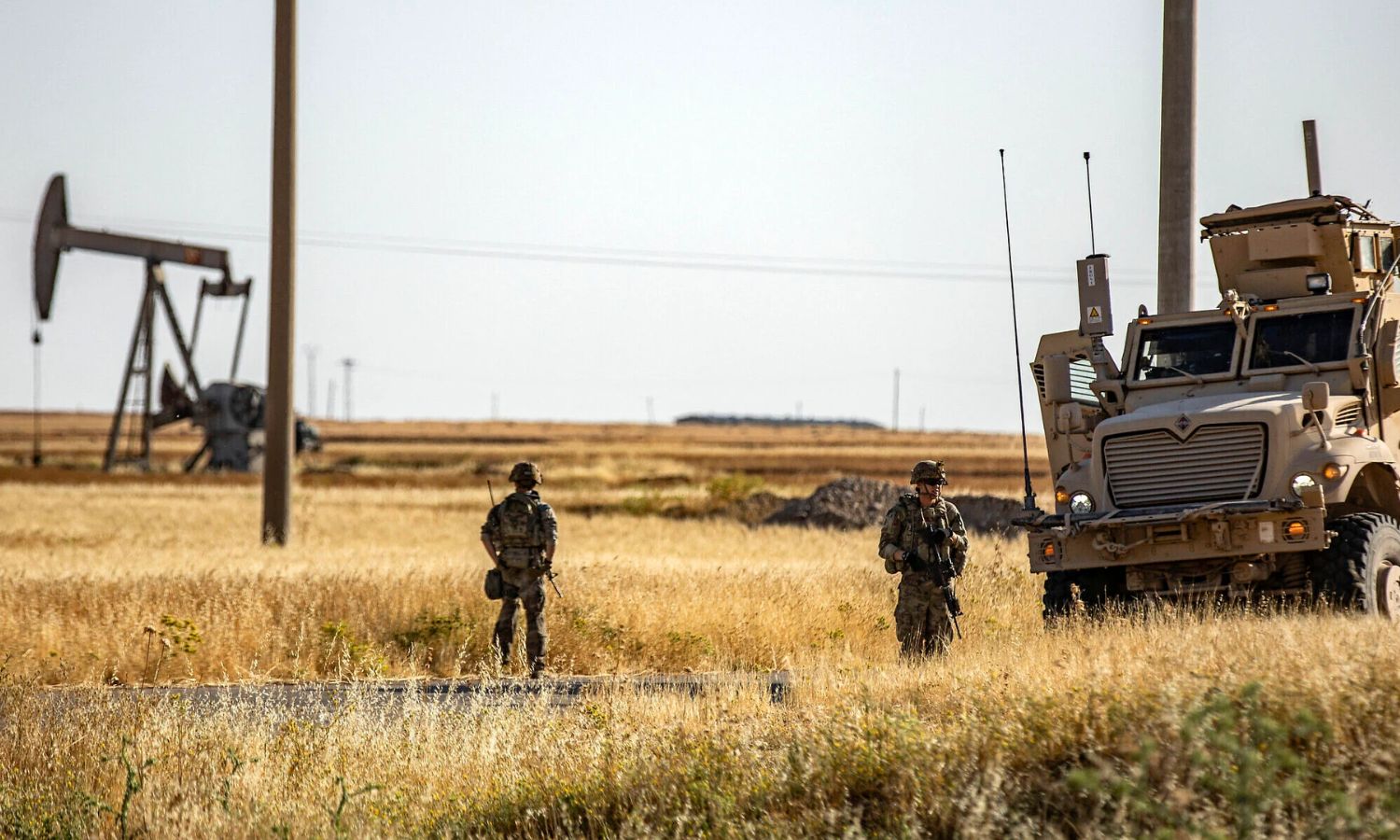
The Syrian government has taken a significant step toward consolidating control over its energy sector by reaching an agreement to import gas from the northeastern regions controlled by the Autonomous Administration of North Eastern Syria (AANES). The move, confirmed by Ahmad Al-Sulaiman, the media spokesman for the Ministry of Oil and Mineral Resources, is part of a broader strategy to address the country’s ongoing energy crisis and ensure a steady supply of fuel for power generation.
In statements to Asharq Al-Awsat, Sulaiman emphasized the government’s commitment to securing the necessary gas supplies to operate power stations. He described the agreement with the AANES as an economic measure aimed at benefiting the Syrian people, noting that the Ministry of Oil is actively working on regaining control over the country’s natural resources.
The Syrian oil sector has suffered from fragmentation in recent years, with key oil and gas fields under the control of various factions, chiefly the US-backed, PKK-aligned Syrian Democratic Forces (SDF). According to Sulaiman, the ministry is prioritizing efforts to stabilize the energy sector by developing long-term strategies to secure available resources. The government is also negotiating with relevant parties to restore access to oil and gas fields, aiming to rebuild infrastructure and improve energy distribution.
The deal to import natural gas follows a broader push by Syria to reintegrate its energy resources. The Ministry of Oil recently announced the resumption of oil shipments from northeastern Syria, marking the first known transfer of crude oil to Damascus since the fall of the previous regime. According to Reuters, these shipments originate from fields in Hasakah and Deir Ezzor, although details on the quantities and terms of the agreement remain undisclosed.
A source in the Rmelan oil fields told Syria TV that the SDF have restarted oil exports to the central government after a period of suspension. The source, who requested anonymity for security reasons, stated that dozens of tankers are now transporting crude oil from Tal Adas station in the Al-Malikiyah countryside to refineries in Homs and Banias, with an estimated daily export rate exceeding 5,000 barrels.
The Syrian government’s reliance on imports highlights the ongoing challenges in the country’s energy sector. Sanctions and financial risks have hindered large-scale oil deals, forcing authorities to turn to local intermediaries. Reuters reported that Syria issued tenders to import 4.2 million barrels of crude oil and 100,000 tons of fuel, but these bids failed to attract interest from major oil traders.
With the reinstatement of oil and gas transfers, the Ministry of Oil aims to restore stability in the energy sector and attract both local and international investment. Sulaiman noted that infrastructure rehabilitation and technological modernization are key priorities, with efforts underway to maximize resource utilization and improve public services. While challenges remain, the renewed flow of energy resources to Damascus marks a step toward consolidating control over Syria’s fragmented oil and gas sector.








